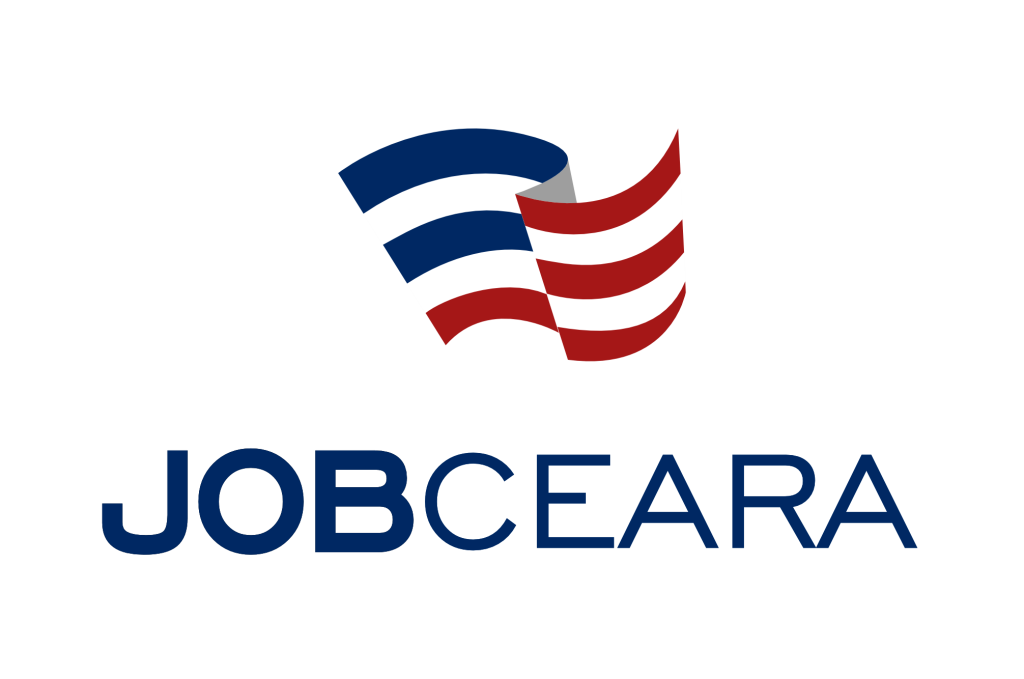Anúncios
Canada’s healthcare system is urgently seeking nurses, nursing aides, lab technicians, and caregivers, with many positions paying $40–60 per hour plus overtime.
Major hospitals and private clinics across provinces are hiring continuously through platforms like Indeed. Employers frequently offer on-the-job training, relocation support, and signing bonuses to attract talent.

PROFESSIONS
Build a Future Full of Possibilities
JOBS
Explore opportunities where dedication turns into lasting success.

PROFESSIONS
Build a Future Full of Possibilities
JOBS
Explore opportunities where dedication turns into lasting success.
High Demand for Skilled Healthcare Workers
Healthcare employers across Canada are facing a persistent shortage of qualified staff. Hospitals in Toronto, Vancouver, and Montréal report record levels of patient care demand, which has increased hiring for all roles. This strong demand protects healthcare jobs from economic downturns and ensures long-term employment security.
Nurses are especially sought after, often receiving higher base pay and guaranteed overtime. Their critical role in patient care creates opportunities for accelerated promotions and wage increases. Hospitals are also expanding intensive care and surgical units, which require more trained professionals.
Nursing aides and caregivers are also in high demand, particularly in long-term care homes. Many employers provide paid training for new hires, helping them gain certification while earning. This approach makes it easier for newcomers to enter the sector quickly.
Laboratory technicians play an essential part in diagnostics, and their expertise has grown in demand post-pandemic. Hospitals and private labs offer competitive pay and flexible shifts to attract and retain these professionals.

Competitive Pay and Extensive Benefits
Wages in healthcare often exceed those in other sectors. Nurses regularly earn $45–$60 per hour, while aides and caregivers receive $30–$35 with overtime raising daily pay over $400. Lab technicians typically earn $40–$50 and can increase their income further through weekend shifts.
Employers also offer extensive benefits packages, including dental, vision, and mental health coverage. These perks ensure staff can manage the demands of their work while securing long-term well-being for their families. Paid sick days and generous vacation policies further enhance stability.
Many employers offer pension plans and signing bonuses to attract and retain staff. These benefits reduce turnover and build loyalty, allowing workers to develop long-term careers. The security provided by healthcare jobs stands out compared to many other industries.
Additionally, staff often receive tuition support or funding for advanced training programs. This investment allows employees to progress into specialized roles with higher pay, strengthening their professional paths.

Opportunities for Career Advancement
Healthcare careers offer clear growth pathways. Entry-level aides who demonstrate commitment can move into licensed nursing roles within a few years, significantly boosting their earnings and responsibilities. This pathway encourages long-term retention.
Registered nurses often transition into leadership roles such as charge nurse or unit supervisor. These positions involve managing teams and improving care standards while offering higher salaries and greater influence in decision-making processes.
Lab technicians may move into senior technologist or lab manager positions. These roles combine technical expertise with supervisory duties, providing broader experience and higher compensation.
Caregivers frequently advance into patient care coordinator roles, overseeing service delivery and liaising between patients and healthcare teams. This transition offers predictable hours, higher pay, and greater job stability.
Essential Skills Employers Seek
Employers value several qualities when hiring for healthcare roles:
- Strong communication and empathy with patients
- Ability to follow safety and infection control procedures
- Physical stamina for long shifts and demanding tasks
- Teamwork and collaboration with diverse medical staff
- Adaptability to rapidly changing healthcare environments
- Attention to detail and accurate documentation
Candidates who demonstrate these skills often advance quickly, as employers prioritize reliability and professionalism in such critical roles.
Regional Differences in Pay and Availability
Pay varies significantly across Canada. In cities like Toronto and Vancouver, nurses and lab techs can earn $55–$60 per hour due to high living costs and strong demand. These areas also offer frequent overtime, pushing daily earnings past $500.
Mid-sized cities such as Ottawa, Halifax, and Winnipeg offer slightly lower wages around $40–$50, but with reduced living expenses. These regions also feature less competition for roles, making them ideal for newcomers seeking stability.
In northern and rural areas, healthcare employers offer housing allowances, relocation support, and signing bonuses. These incentives make remote positions financially attractive despite geographic challenges.
Understanding regional trends helps job seekers align their career goals with both pay potential and lifestyle preferences, ensuring sustainable long-term growth.
Work-Life Balance and Staff Well-Being
Although healthcare work is demanding, many employers prioritize staff well-being. Hospitals offer predictable shifts, rotating schedules, and guaranteed rest periods to reduce burnout.
Employers have also increased mental health resources, offering counselling and stress management programs. This support helps staff manage the emotional challenges of healthcare work.
Physical wellness initiatives like ergonomic equipment and on-site fitness spaces are increasingly common. These measures reduce injury rates and improve overall morale, creating a healthier workplace.
Supportive team cultures also play a key role. Positive communication and collaboration make even high-pressure environments more manageable, improving retention and job satisfaction.
Steps to Strengthen Your Application
To stand out when applying, candidates can:
- Highlight clinical experience, certifications, and patient care skills
- Include references from supervisors or professors
- Tailor résumés to specific roles using healthcare keywords
- Apply directly through hospital and clinic websites
- Follow up with thank-you emails after interviews
- Show flexibility for shift work and overtime
These steps show commitment and professionalism, which increases the chances of securing interviews and offers, even for newer candidates.
Training and Certification Support for Healthcare Professionals
Across Canada, employers recognize that strong training is essential for quality care, so many hospitals and clinics actively support professional development. Because healthcare roles often require specific certifications, employers frequently reimburse course fees or offer paid time off to complete programs. This investment not only builds skilled teams but also motivates workers to remain long-term.
Nurses and lab technicians especially benefit from structured training pathways. Many institutions partner with colleges to provide continuing education programs directly connected to workplace needs. This approach allows staff to upgrade their skills without disrupting their regular schedules, which helps them progress faster in their careers.
Nursing aides and caregivers often receive sponsored training to obtain provincial licences. These opportunities enable workers to gain credentials while earning an income, which reduces financial barriers and improves job security. Over time, this support creates a steady pipeline of qualified professionals ready for promotion.
Employers also organize regular workshops on patient safety, infection control, and new medical technologies. These sessions keep staff up to date with industry standards, which strengthens both workplace performance and patient outcomes. This emphasis on learning reinforces the healthcare sector’s commitment to continuous growth and high-quality care.
The Impact of Healthcare Demand on Job Stability
The ongoing rise in healthcare demand has directly strengthened job security across Canada. An aging population, combined with expanded public health funding, has created a consistent need for medical services. As a result, hospitals and clinics rarely experience large-scale layoffs, even during economic downturns. This stability makes healthcare careers especially appealing compared to more volatile industries.
Because demand continues to grow, healthcare employers often offer long-term contracts and guaranteed full-time hours. This reliability allows workers to plan their futures more confidently, knowing their income will remain steady. Such predictability is particularly valuable for those supporting families or repaying student loans.
High demand also drives the expansion of new facilities, which generates fresh job openings across multiple roles. From long-term care homes to diagnostic labs, new workplaces appear regularly, giving workers more options to find roles that fit their skills and lifestyle preferences.
Moreover, the consistent need for care reduces competition between workers. Instead of struggling for limited positions, qualified candidates often receive multiple offers. This dynamic improves bargaining power, enabling healthcare professionals to negotiate better wages, schedules, and benefits, which further enhances career satisfaction.

Enjoy Learning About Medical and Hospital Jobs in Canada?
Exploring medical and hospital jobs in Canada reveals a sector full of stability and potential. With $40–$60 hourly pay and overtime opportunities, these roles offer financial security while developing valuable clinical skills. From major hospitals to private care centres, the demand for skilled staff continues to grow.
Read more: Build a career with logistics jobs paying $250 daily – JobCeara
Although the pace can be challenging, many find the rewards outweigh the pressures. Gaining experience in healthcare often becomes the first step toward leadership or specialized positions, offering long-term stability and meaningful career growth for those dedicated to helping others.

